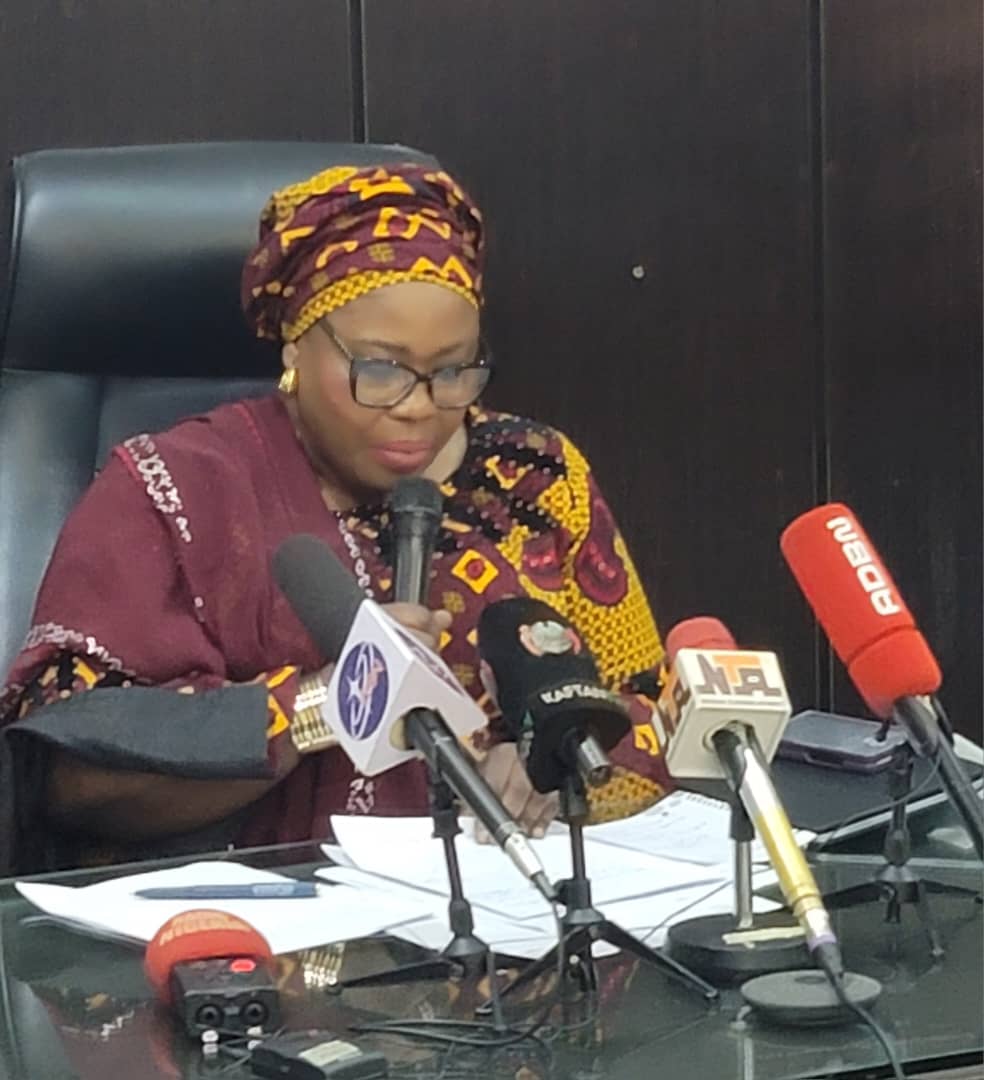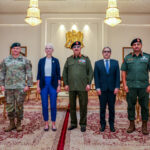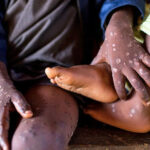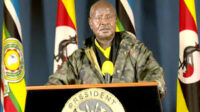The Federal Government has renewed its call for stronger investment and policy commitment toward improving the health and overall well-being of adolescents across Nigeria, emphasizing that the nation’s long-term socio-economic stability depends on the physical and mental development of its young population. This call was made during a press briefing organized by the Federal Ministry of Health and Social Welfare in Abuja to commemorate the 2025 International Adolescent Health Week (IAHW).
Speaking during the event, the Coordinating Minister of Health and Social Welfare, Professor Muhammad Ali Pate, stressed that the government must close existing gaps in adolescent health and development if Nigeria is to secure its future. Represented by Tetshoma Dafeta, Director of Human Resources at the Ministry, the Minister highlighted that adolescents make up 23 percent of Nigeria’s total population, describing them as a vital demographic whose well-being is fundamental to the country’s national progress.
“To secure and sustain our future economic, social, and political progress, Nigeria needs to make a strong commitment to closing the gaps in the health and development of its adolescents,” Professor Pate stated, emphasizing that adolescent health is not only a public health issue but a national development priority.
He noted that the Ministry has made significant strides in advancing adolescent health through the establishment of the Adolescent and School Health Branch, creation of a funded budget line dedicated to adolescent health, and development of policy documents such as the National Adolescent Health Policy, Clinical Protocol on Adolescent Health and Development, and comprehensive Training Manuals for healthcare workers. However, he acknowledged that much more still needs to be done to integrate physical and mental health care into Nigeria’s adolescent health framework.
Professor Pate highlighted this year’s International Adolescent Health Week theme — “Thriving Inside-Out: Strengthening Physical and Mental Health of Adolescents” — as a timely reminder of the need for a holistic, coordinated approach to adolescent well-being. “Thriving inside-out means recognizing that physical and mental well-being are deeply interconnected; one cannot flourish without the other,” he explained. The Minister called for stronger partnerships among families, schools, and healthcare providers to create supportive programs that combine nutrition, exercise, mental health education, and emotional support.
He also urged communities to develop safe recreational spaces, youth centers, and peer support networks, while calling on lawmakers and policymakers at all levels to create and fund adolescent-centered programs across key ministries such as Education, Women Affairs, Youth Development, Sports, Transport, and Justice. “By investing in adolescent health today, we invest in a healthier, more resilient society tomorrow,” he said, reinforcing the government’s commitment to fostering youth empowerment and inclusion.
In her welcome address, Permanent Secretary of the Federal Ministry of Health and Social Welfare, Daju Kachallom mni, described adolescence as a critical developmental phase that requires targeted attention and sustained investment. Represented by Dr. Binyerem Ukaire, Director of the Family Health Department, she reiterated the Ministry’s dedication to strengthening adolescent health interventions nationwide. She referenced the creation of the Reproductive, Maternal, Newborn, Child, Adolescent, and Elderly Health plus Nutrition (RMNCAEH+N) platform as a key government initiative that promotes coordination among civil society, development partners, and private sector actors.
“By investing in adolescent health, we are investing in the very foundation of our nation’s future,” Kachallom said, noting that healthy, educated, and emotionally stable adolescents are the backbone of a productive workforce and a sustainable economy.
The event was marked by a sense of optimism and shared commitment among government representatives, international partners, and youth advocates. One of the most inspiring moments came from Peculiar Bassey, a 14-year-old student from Karmajiji Junior Secondary School in Abuja, who represented adolescents at the press briefing. Addressing dignitaries with confidence and heartfelt sincerity, she thanked the government and partners for including young people in national conversations about their future. “We feel your love and know that you care about us,” she said, before passionately appealing for more accessible, youth-friendly health services and mental health support.
“Many young people today deal with stress, peer pressure, and loneliness — things we don’t always talk about,” she shared. “Sometimes, we just need someone to listen.” Her emotional speech drew applause and reaffirmed the importance of listening to young voices in shaping health policies.
Goodwill messages were also delivered by international partners and non-governmental organizations, including the World Health Organization (WHO) and the Society for Family Health (SFH). Representing the WHO Country Representative to Nigeria, Mrs. Mary Bantoruo commended the Federal Government’s ongoing commitment to adolescent health, congratulating the Ministry and its partners for their coordinated efforts. She reiterated WHO’s continued support for Nigeria’s Health Sector Renewal Initiative, aimed at building resilient health systems that ensure both physical and mental health services are accessible to every adolescent.
The Society for Family Health (SFH), represented on behalf of Dr. Omokhudu Idogho, Group Managing Director, reaffirmed its partnership with the government in nurturing, educating, and empowering adolescents to achieve their full potential. SFH emphasized that adolescent well-being must be seen as a long-term investment in human capital that directly impacts productivity, innovation, and social cohesion.
In his closing remarks, Dr. John Ovouraye, Director of Gender, Adolescent, School Health, and Elderly Division in the Family Health Department, outlined a series of activities planned to commemorate the 2025 Adolescent Health Week. These include school sensitization campaigns across the Abuja Municipal, Kuje, and Bwari Area Councils, aimed at promoting adolescent-friendly health education and awareness.
The press briefing ended on a high note, with participants reaffirming their collective responsibility to create a Nigeria where every young person regardless of background has access to quality healthcare, emotional support, and opportunities to thrive. The 2025 International Adolescent Health Week served not just as a celebration, but as a powerful call to action: to place adolescents at the center of Nigeria’s development agenda and to build a future where every youth can truly “thrive inside and out.”














Leave a comment